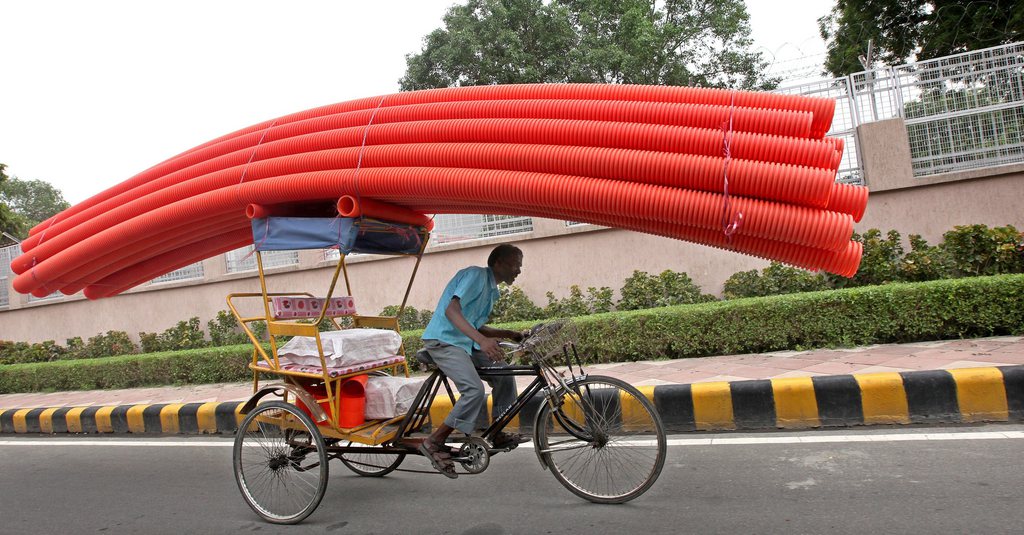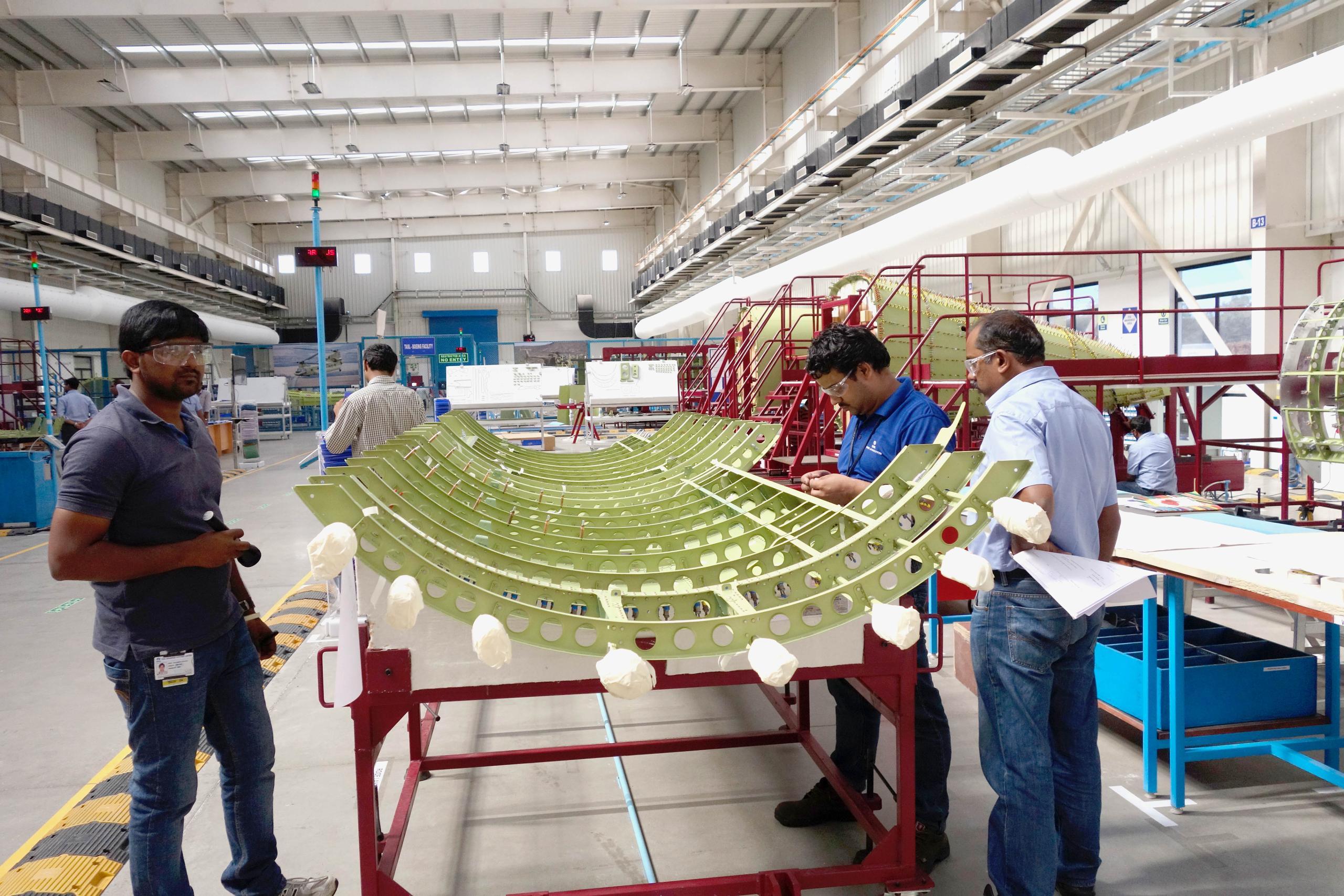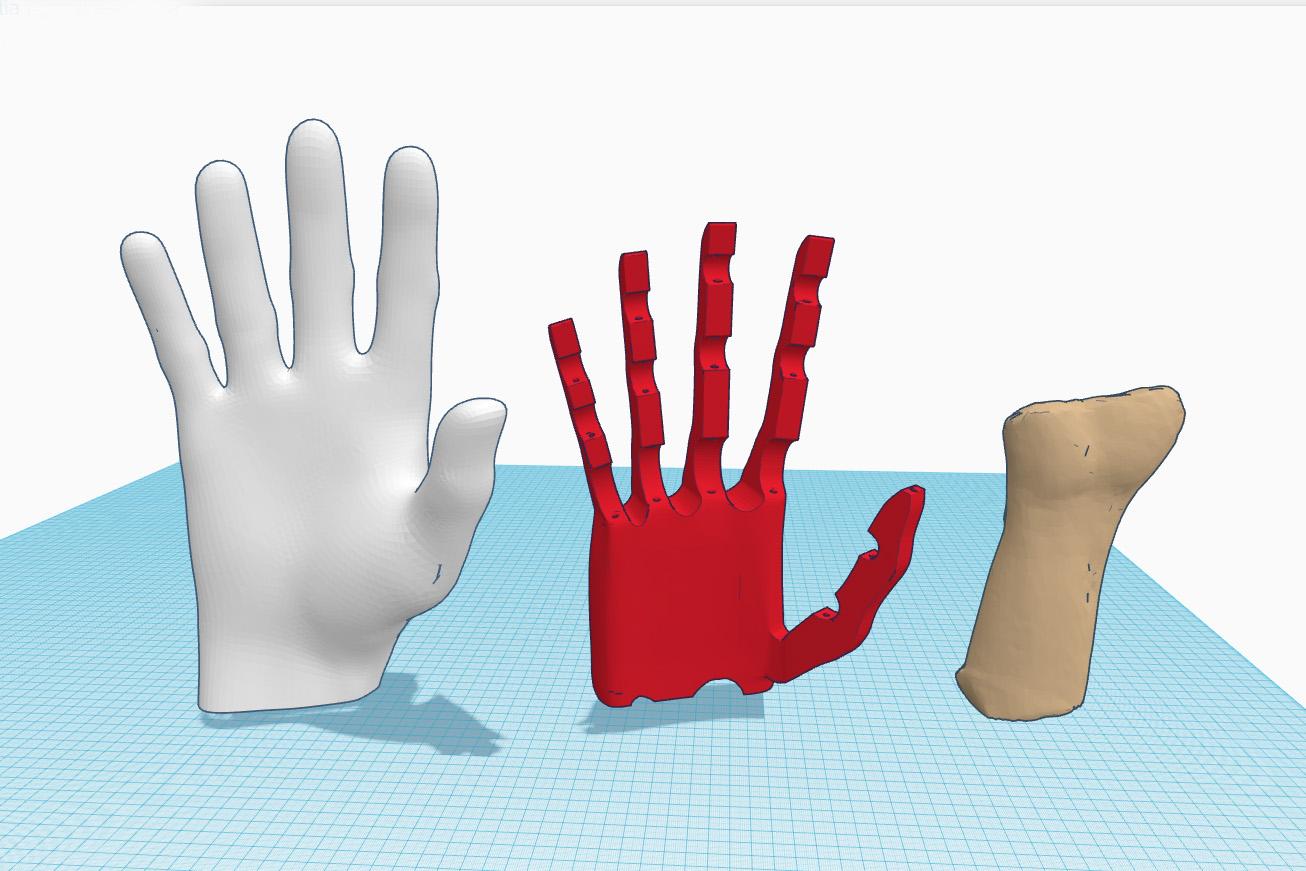Catch up world, India has changed
Stereotypes of India as a backward country are still prevalent, according to Prateek Khare whose job involves promoting the country as a destination for Swiss start-ups. In this article he explains what India has to offer to entrepreneurs.
During my business trips to Switzerland and the UK, I had the opportunity to meet and work with people from nearly 35 nationalities, many of whom were highly qualified and well-travelled. A friendly disposition combined with the instincts of an Indian upbringing prompted me to invite many of my new friends to India. Some of them innocently asked me if there are cows, snakes and elephants on India’s roads. It is not the individuals who are to blame for this image of India, but traditional media (Indian and international) that often highlights stories of all that is not good in and with India.

In the early 2000s, India attained international renown for being an outsourcing hub for business processes, knowledge processes and software development. While India has gained expertise and excellence in several other domains such as design thinking, social impact, medical technology, space research, hyperlocal deliveries, digital wallets and so on, and many Indians have gone on to become CEOs of Fortune 100 companies, a large majority of the world still thinks of India as an outsourcing hub. It’s time we looked beyond these clichés.
Growth and opportunities
Yes, India has its fair share of problems and chaos, as is the case with every developing country. But India and its people know how to manage the chaos and function effectively. Many experts from the west have arrived in India with the intention of teaching western efficiency to Indians. But many of them have returned much wiser, having learnt lessons of patience, managing uncertainty, giving up control, building and managing relationship and trust with business partners and employees, etc. that one automatically learns from everyday life in India.
With the advent of technology, there are no international borders in the virtual world. Access to information is no longer a competitive advantage and Generation Z is always connected. The education and social structure in India imparts at least one core skill in every Indian student – ‘competitiveness’. This is reflected in India’s recently reported GDP growth hitting 7.3% in 2015, which is predicted to rise as high as 7.6% in 2016, making India the fastest growing economy in the world.
Among its 1.2+ billion people, India arguably has supreme intellectual capital in its young workforce and world’s second largest English speaking talent that is flexible and trainable. Most of the Fortune 500 companies have CXOs (Chief X Officers such as CEOs/COOs/CTOs, etc.) of Indian origin and this is now becoming a normal global norm. India has unsaturated market opportunities in high-tech and social entrepreneurship. The country also has the world’s third-largest number of billionaires and a 250 million strong middle class with good purchasing power, international exposure, tastes and experiences.
Conducting business and living in India is cost effective compared to the West. The current government’s focus on ‘Startup India’ and grassroots innovation, has created an upbeat mood in the nation with respect to trade and commerce. As a result, India’s and specifically the southern Indian city of Bangalore’s rank in the global start-up ecosystem moves up a few notches every year (currently 15th). In response, big companies, education and R&D, support organisation, service providers, investors, innovators are slowly but steadily improving infrastructure – India has arrived!
– Come with an open mind: Don’t let general opinion and preconceived notions about India crowd your thoughts.
– Get info online: If you can, try not to refer to the old travel guide books. Go local, and go digital. Ask your questions in advance directly to real people at question-and-answer websites like Quora.
– Understand scale and diversity: Diversity is a core part of India. For ease, you could compare the size and scale of India with that of entire Europe. India witnesses all four seasons, is one of the top biodiverse countries and offers global cuisines within its over 3.287 million km² international boundaries. While there are over 100 billionaires in India, there are also many at the bottom of the pyramid. Everyone and everything co-exists in India.
– Trust and relationships rule: Indians have lived this motto forever. When in India, give up your obsessiveness with planning, control and processes. Trust the system, people and the results. Build relationships, not only mandates – Indians will do beyond your mandates if you build good relationship with them.
– Respect and curiosity will be rewarded: Immerse in local experiences, show respect to local culture and traditions as you would expect to be shown back in your country. Look beyond the superficial and obvious.
– Time is second priority: When in India, learn to be flexible with time. Generally, time is not the most important element in the everyday life of an Indian, but a good relationship is.
– Look at the bigger picture: Don’t assume that wherever you’re standing in India is representative of the entire country. Even moving a few kilometres in any direction within a single city will show you something completely different. So keep an open mind and look at the aggregate of your Indian experiences, not necessarily individual events and people.
– India is a testing ground: Don’t think that it is easy to conduct business in India. It’s very hard but “if you win in India – you can win everywhere”, says the title of one book written by the man who helped build India into Microsoft’s second-largest presence in the world and one of its fastest growing markets.
– You can have an opinion: Do realise that not everybody is made for liking and loving India or that India is meant for everybody. It comes with its own advantages and disadvantages – you always have a choice.
The views expressed in this article are solely those of the author, and do not necessarily reflect the views of swissinfo.ch nor swissnex India.
Opinion series
swissinfo.ch publishes op-ed articles by contributors writing on a wide range of topics – Swiss issues or those that impact Switzerland. The selection of articles presents a diversity of opinions designed to enrich the debate on the issues discussed.

In compliance with the JTI standards
More: SWI swissinfo.ch certified by the Journalism Trust Initiative




You can find an overview of ongoing debates with our journalists here. Please join us!
If you want to start a conversation about a topic raised in this article or want to report factual errors, email us at english@swissinfo.ch.